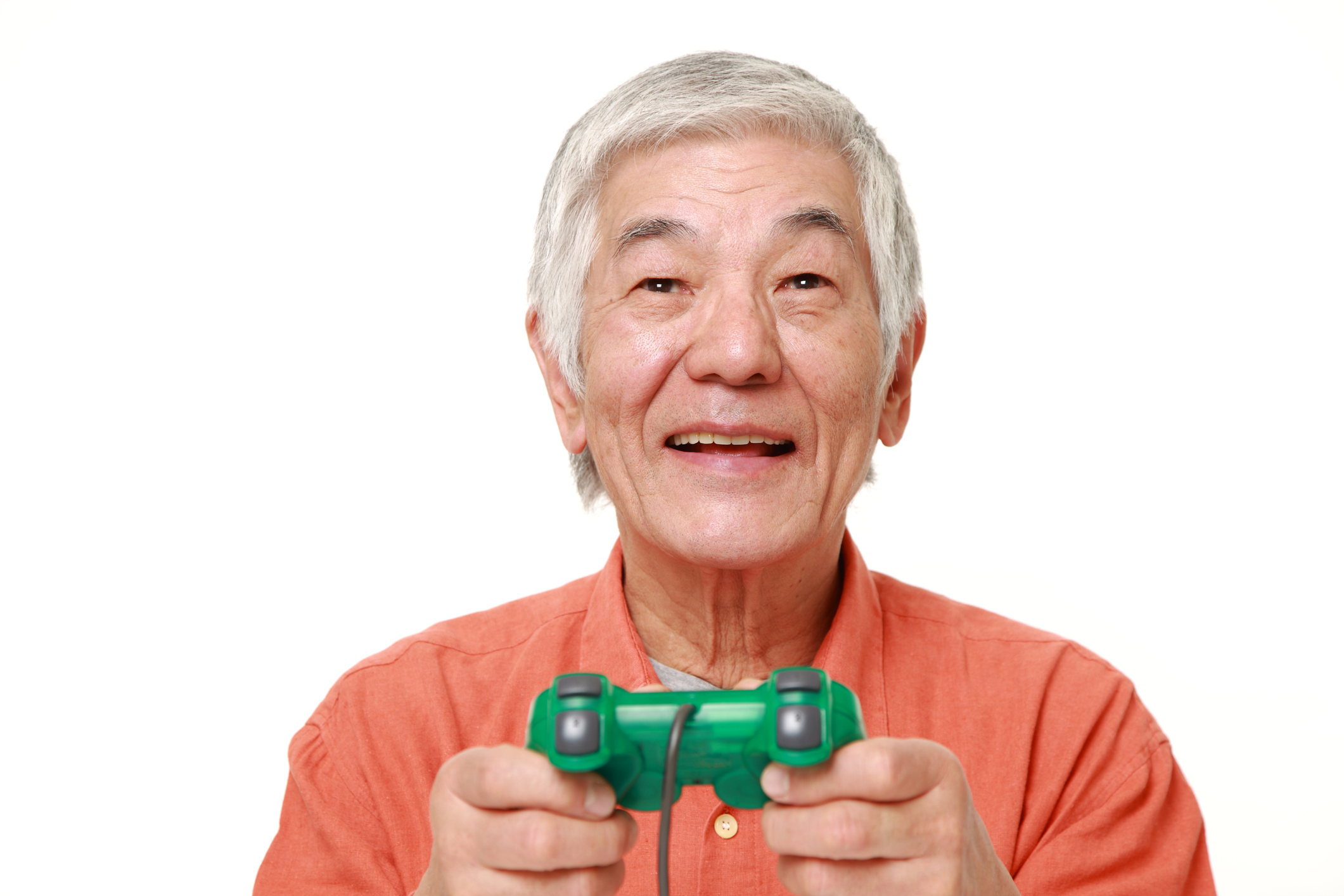Although medical research has made huge leaps in the prevention and early treatment of stroke, many older adults still suffer damage to the brain that requires rehabilitation therapy to help stroke patients recover motor function. But not all stroke survivors live close to accessible rehab clinics, especially those in rural areas. Home-based telemedicine may be the answer to help patients rehabilitate from their homes, and a new study has found that game-based stroke therapy can be as successful as working with a therapist in person.
As reported recently in MedPage Today, an NIH StrokeNet trial that included 124 post-stroke adults found that remote therapy sessions over a period of 6 to 8 weeks offered similar results to in-person appointments. Although patients prefer the social interaction provided with an in-person clinic visit, the use of functional games at home offers a good alternative for patients who live alone and are no longer able to drive to appointments.
Home-based therapy also provides an opportunity for costs savings while still offering patients direct interaction with a therapist using video conferencing and a variety of games that target specific needs.
According to the American Heart Association, someone in the United States has a stroke about once every 40 seconds and stroke is the leading cause of serious long-term disability. Worldwide, in 2015, stroke was the second leading cause of death behind heart disease. And because age is a non-modifiable risk factor for stroke, along with family history, gender, race and prior stroke, as the proportion of older adults in the population grows, likely so too will the incidence of stroke.
Learn more on The Oldish about how video games can help stroke patients rehabilitate weakened limbs by following this link.






Add Your Voice
0 Comments
Join the Discussion